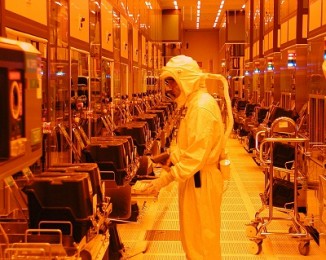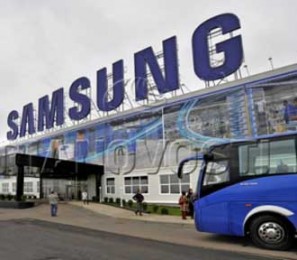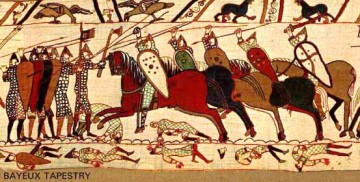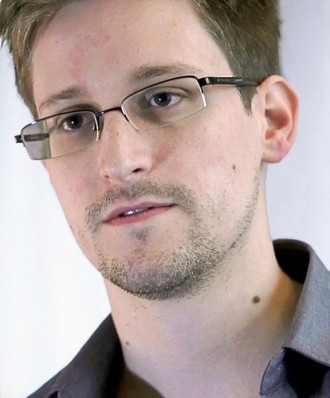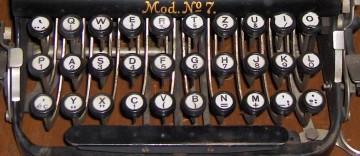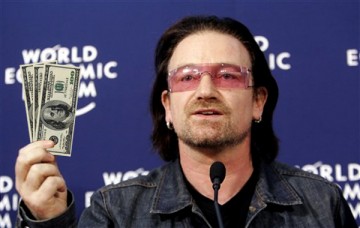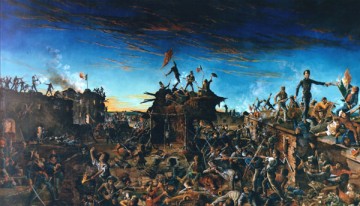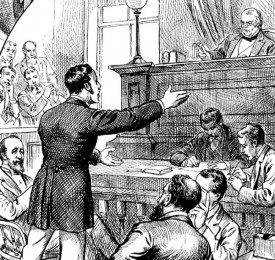 Employees suing Apple, Google, Intel and Adobe over running a hiring cartel have asked an appeals court not to approve a $324.5 million settlement in the case.
Employees suing Apple, Google, Intel and Adobe over running a hiring cartel have asked an appeals court not to approve a $324.5 million settlement in the case.
Plaintiff workers accused Apple, Google, Intel and Adobe in a 2011 lawsuit of conspiring to avoid poaching each other’s employees. The companies agreed to a $324.5 million settlement earlier this year.
US District Judge Lucy Koh in San Jose, California rejected the proposed class action settlement, saying the amount was too low. The companies appealed last month, saying she committed “clear legal errors”.
The workers said that although they believed the $324.5 million deal originally warranted approval, the judge had the proper authority to reject it and they would “defer to Koh’s sound judgment about how best to oversee this litigation”.
Tech employees alleged that the conspiracy limited their job mobility and, as a result, kept a lid on salaries. The case was interesting because it appeared to be another conspiracy organised by Steve Jobs. Jobs also conspired with book publishers to keep the price of eBooks artificially high.
Plaintiffs based their allegations of conspiracy largely on emails circulated among Apple’s late co-founder Steve Jobs and former Google Chief Executive Officer Eric Schmidt.
Koh repeatedly referred to a related deal last year involving Disney and Intuit. Apple and Google workers got proportionally less in the latest agreement compared with the one involving Disney, Koh said.
To match the earlier settlement, the latest deal “would need to total at least $380 million,” Koh said.
